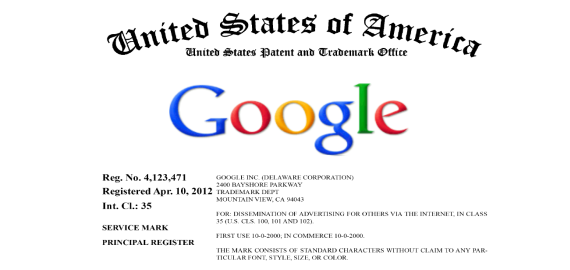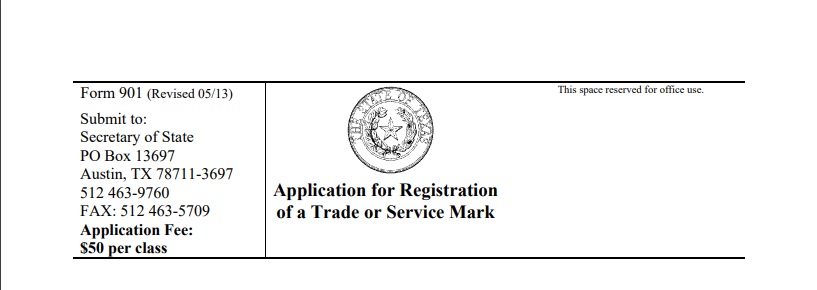Trademark law is a nuanced discipline. Word choice matters greatly. The use of a particular word, a certain combination of words, the exact construction of a phrase, and/or the precise arrangement of particular terms – each of these can affect the validity and enforceability of a trademark.[1] It is important.
Last week, I was in the middle of a trademark infringement trial in federal court. Opposing counsel colloquially referred to official certificates of registration as “trademarks” and the underlying applications as “trademark applications.” Each time I had to stand up and object. For one simple, yet legally necessary reason:
There is no such thing as a “trademark application.”
That may read as a wholly nonsensical statement of fact, but it is true. In the United States, government entities do not grant, award, or issue “trademarks.” They issue registrations. Courts may determine that certain registrations can be canceled or that a trademark may not be enforced, but they do not award trademarks where none previously existed. Trademarks and trademark rights exist entirely upon the use of the mark in commerce, not whether an administrative agency issues you a piece of paper with a ribbon on it. Likewise, the applications to register trademarks at the state or federal level should never be referred to as “trademark applications” because that would be misleading.
In Texas, the application is specifically called an “Application for Registration of a Trade or Service Mark.” Unfortunately, the title to the link on the website is “Trademark Application,” which is sloppy. Alas, the same can be said for the United States Patent and Trademark Office. The title for its online application process is “Trademark/ Service Mark Application.” I recognize that it is easier as shorthand to refer to the lengthier title this way, but it is just wrong. Such a title does not accurately reflect what these applications are. For “trademark application” can quite easily make an applicant fear that they do not already have trademark rights – which is wrong – as you cannot acquire a registration unless you are declaring already existing trademarks and trademark rights.
We see these mistakes in popular culture too. Too often, the term “trademark” is improperly used as a verb. This necessarily implies there is a process for gaining a trademark or associated rights. There is not. Trademark rights exist the moment the mark is used in commerce to identify the source of goods and services. Such rights are immediate.
Additionally, we see reporting about applicants seeking to acquire “trademarks” from the USPTO, when this incorrectly ignores common law rights that necessarily exist prior to an application being filed. For example, ESPN routinely conflates the term “trademark” with “registration” in its reporting. Considering that the NCAA basketball tournament is now in full swing and March Madness® is upon us, it has become a yearly trend for small schools to rush to apply to register word marks and logos following a surge in popularity. This recently happened with the University of Maryland, Baltimore County.
I often pick on ESPN for such haphazard word choice, but “UMBC files for trademarks after historic upset” is just not an accurate statement. The school has been in existence since 1966. Its basketball team, the UMBC Retrievers™, has been participating in Division I athletics since 1981. That is use in commerce. Trademark rights attached to that name and all logos long ago. Thus, the school is not filing for “trademarks” but for “trademark registrations.” They are entirely different things. (That being said, any college or university that has an athletic program that has not already applied to register all of its names and logos is being negligent.)
I realize this sounds overly pedantic. As a trademark attorney, I also understand that precise legalese and technicalities can get lost in translation when discussing these topics with non-lawyers and the general public. But when other lawyers, especially IP lawyers, fall prey to such lazy word choice? Pet peeves of mine aside, that is a problem – because clients rely on us for precision and accuracy. It is a lawyer’s job to identify the differences and to be clear in the language used.
For words are a trademark lawyer’s stock in trade.
_______________
[1] This, of course, does not address design marks and trade dress.


Recent Comments